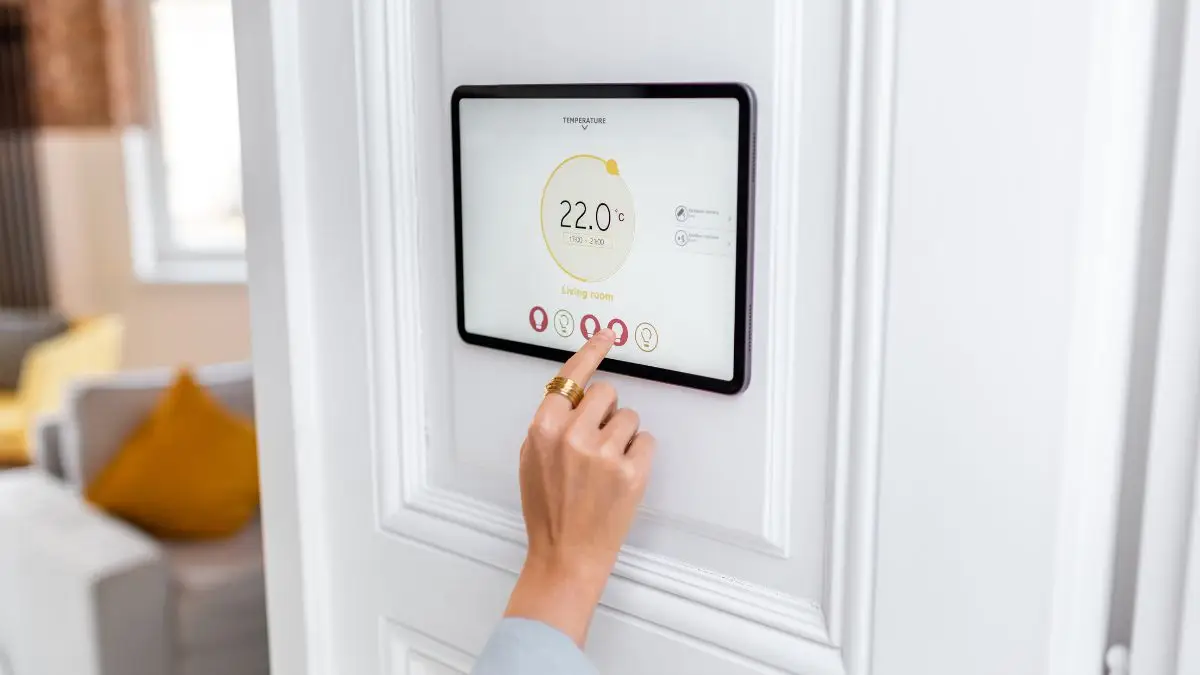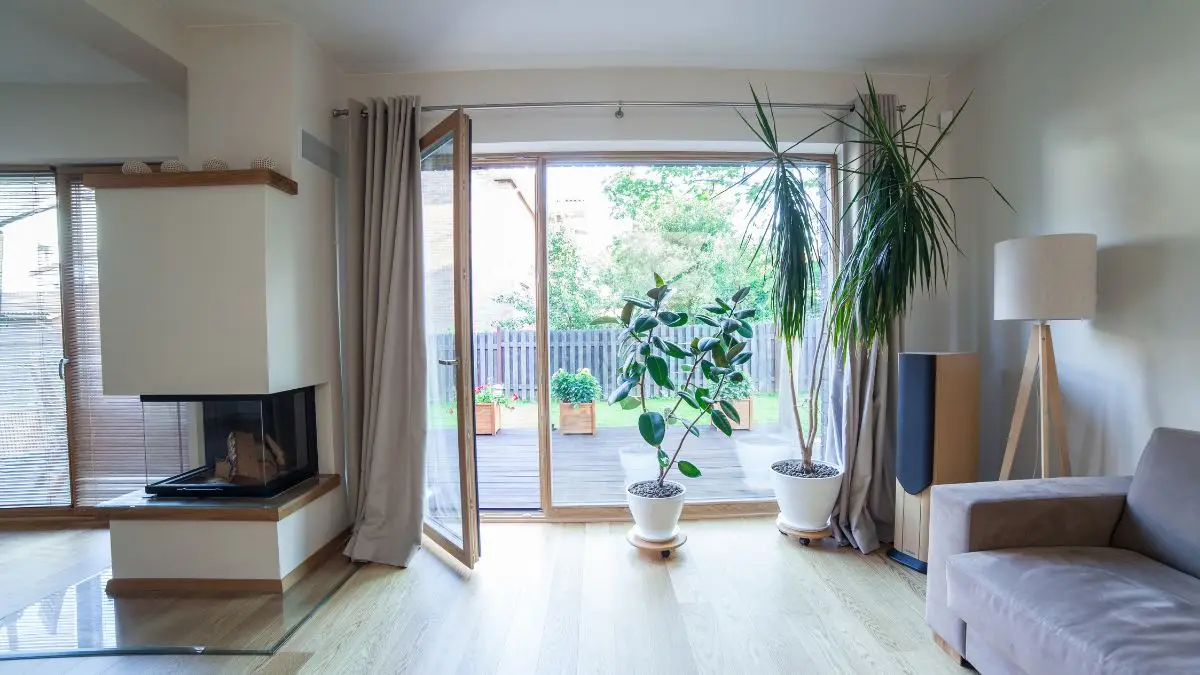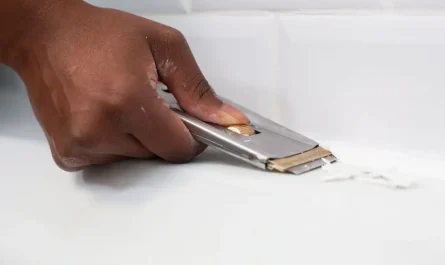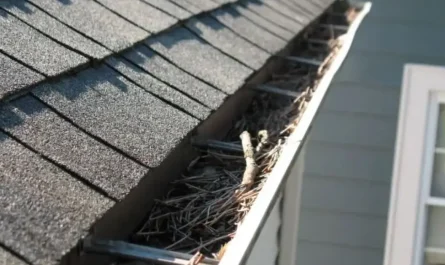These 7 HVAC Red Flags Could Cost You Thousands
Some house noises you learn to live with. A creaky floorboard, a pipe that knocks now and then—no big deal. But when your HVAC starts hissing, rattling, or making a high-pitched squeal out of nowhere, that’s not just “one of those things.” That’s your system trying to tell you something.
I’ve seen too many homeowners brush off these early signs, thinking the unit just “needs to warm up” or that the thermostat “acts weird sometimes.” Then, a few weeks later, they’re facing a shutdown in the middle of a cold snap—or worse, a $10,000 replacement bill they never saw coming.
You don’t need to be a technician to catch HVAC problems early. Most systems send out warning signs—sounds, smells, inconsistent temperatures—long before they break down. You just have to know what to look for.
In this article, I’ll break down those warning signs in plain English, share what they really mean, and help you figure out what you can handle yourself and when to call a pro.
Your HVAC Is Making Weird Noises? Don’t Brush It Off
Let’s start with the obvious—but most ignored—sign:
weird sounds
.
If your HVAC has suddenly started banging, hissing, clicking, or squealing like nails on a chalkboard, that’s not normal. I know it’s easy to tell yourself, “It’s just warming up,” but HVAC systems aren’t supposed to sound like haunted machinery.
Realtor
quoted Traci Fournier, VP at One Hour Heating & Air Conditioning, who said loud noises are often one of the first signs that your furnace is on its last legs. And she’s right. I’ve walked into homes where people were living with a grinding HVAC for weeks—thinking it was fine—until the motor seized completely.
Those sounds usually mean something’s loose, worn, or failing:
- Squealing? Could be a belt or blower motor.
- Rattling? Maybe a panel or duct came loose.
- Clicking or popping? Could point to electrical issues or metal expansion.
- Hissing? That might be refrigerant leaking—which is serious.
If your system is talking to you like that, listen. The longer you wait, the more expensive it gets.
Thermostat Acting Up? It’s Not Just in Your Head
Ever feel like your room isn’t as warm or cool as it says on the screen?
You set your thermostat to 72, but the place still feels like a fridge—or worse, a sauna. Or maybe the system turns on, then off, then back on again for no reason. That’s not just a random glitch. That’s your HVAC struggling to follow basic commands.
I’ve seen this a lot: faulty wiring, old sensors, or even dirty components inside the thermostat itself. These little issues can cause your system to short-cycle (shutting off before it finishes a full run) or run endlessly, trying to hit a temperature it can’t detect properly.
Even worse, some systems just stop responding to the thermostat entirely. When that happens, your rooms go rogue—some too hot, some too cold, and none of them comfortable.
If your thermostat feels “off,” it probably is. And the fix could be simpler than you think—don’t wait for it to spiral.
Big Differences in Temperature Room to Room
This one drives people nuts—and I get it. One room feels like a spa, the other like you stepped into a walk-in freezer. If you’re tiptoeing around your house wrapped in a blanket trying to find “the warm spot,” your HVAC system is unevenly distributing air.
That usually means your system is overworked, aging, or starting to fail in specific zones. Sometimes it’s dirty ductwork, sometimes it’s poor insulation, and sometimes the furnace just can’t keep up anymore.
A few years back, a client had this exact issue. Bedrooms upstairs were freezing, while the downstairs living room was roasting. Turned out, their ducts were clogged, and the blower was running weak. A quick airflow assessment and filter replacement made a huge difference.
So, if parts of your home feel like separate climates, don’t write it off—it’s your HVAC telling you it’s not working as one unit anymore.
Skyrocketing Energy Bills Without Any Reason
This is a classic red flag that sneaks up on people.
You get your monthly bill and suddenly—it’s way higher than normal. You haven’t changed your habits. No one’s home more often. No new appliances. So why the spike?
Because your HVAC is likely working way harder than it should to maintain the same temperature.
It’s what I call “invisible failure.” You don’t see or hear anything wrong, but your unit’s efficiency is tanking. Could be a clogged filter, worn-out compressor, refrigerant issue, or just old age. The result? Longer run times, higher electricity usage, and your wallet feeling the heat.
If your energy bill made your eyebrows raise, don’t wait for the next one to shock you more. Let a pro take a look—you might stop a minor problem from becoming a major cost.\
Noticed your energy bills creeping up without any changes in usage? Share what you’ve observed in the comments—your story might help someone else spot a problem early.
Unusual Smells — Mold, Burning, or Gas
This one’s hard to ignore—because your nose won’t let you.
Burning plastic. Moldy dampness. Something dead. Or worse… a sulfur, “rotten egg” smell. If you’ve smelled any of these near your vents or HVAC unit, something’s wrong—and in some cases, it could be dangerous.
-
Burning smell
: Usually overheating wires or motor parts. -
Musty smell
: Could be mold growing inside your ducts or drip pan. -
Rotten eggs
: That might be a gas leak. Stop everything and get out.
Dan Mock from Mister Sparky nailed it when he said, “Your nose knows.” HVAC issues don’t always show up in sound or performance—sometimes, they hit your senses directly.
So if you smell something off and it lingers, don’t light a candle or spray air freshener. Figure out where it’s coming from and act fast.
Homeowners have been sharing similar HVAC red flags—plus some surprising fixes—on WhatsApp lately. I’ve found a few helpful breakdowns through there that saved folks real money.
Is There Water Around Your HVAC Unit?
I’ll be blunt—your HVAC should never leak. If you ever see puddles of water around the base of your unit or near the drain line, don’t assume it’s harmless condensation. That’s a problem in the making.
Most of the time, it’s a clogged condensate drain line or a refrigerant leak. And both can lead to damage inside your home—like water stains on the ceiling or mold near vents—if ignored.
I once had a homeowner tell me, “It’s just a little drip—it’ll dry.” Three weeks later, we were ripping up their basement carpet and dealing with a $3,200 moisture cleanup. A small leak turned into a big repair bill.
So if you spot moisture, don’t wipe it and move on. Ask why it’s there—and act before it damages your home from the inside out.
If you’ve also been flushing so-called “flushable” wipes, they might be silently damaging your plumbing too.
Here’s why those wipes are worse for your home than you think
.
Weak Airflow? Don’t Blame the Weather
When you put your hand near the vent and feel barely any air coming out, something’s not right.
It might seem minor—especially if the air is still warm or cool—but weak airflow is a clear sign your HVAC is struggling. And I’ve seen this turn into a full system failure more times than I can count.
The usual suspects? A dirty filter, a broken blower motor, or leaks in your ductwork. Sometimes it’s even something deeper, like a failing compressor or clogged coil.
I tell clients: if you feel like your system is breathing through a straw, it’s time to act. Don’t wait for that weak airflow to turn into no airflow.
And while you’re already fixing things up, don’t forget your indoor storage.
Wayfair’s stylish storage cabinets under $100 are honestly game-changers
.
Still Using a Furnace That’s Over 10 Years Old?
Let’s be real—no HVAC system lasts forever. If your unit is more than 10–15 years old, it’s already in its final phase—even if it’s “kinda working.”
Older systems lose efficiency fast. They burn more energy, break down more often, and cost more to maintain. And here’s the kicker: some replacement parts are no longer available, which means you’re paying premium prices for temporary fixes.
I’ve seen folks spend thousands trying to “keep it going,” only to finally give in and replace it. That’s money they could’ve put toward a new, energy-efficient system from the start.
So if you’re dealing with frequent repairs and rising bills—and your HVAC is older than your first iPhone—it might be time to move on.
Like with HVACs, knowing your setup inside-out can prevent headaches.
These 5 lessons from setting up Frigate taught me the hard way
.
Is Your System Constantly Turning On and Off?
This is one of those problems people notice but can’t quite explain. Your system turns on… runs for a minute… shuts off… then starts again. Over and over. That’s called short-cycling, and it’s bad news.
It’s not just annoying—it’s hard on your system. It can wear down components fast, overheat parts, and throw off your entire power supply. Sometimes it’s caused by an oversized unit, sometimes it’s a thermostat misfire, or worse—a deeper internal failure.
I had a neighbor whose HVAC started short-cycling last winter. He ignored it. One night, the system overheated and tripped the breaker—leaving them without heat for 18 hours in freezing temps.
If you’re seeing these power swings, don’t wait. Your system is asking for help—loudly.
What You Can Do Right Now Before Calling a Pro?
Now that you know what to watch for, let’s talk action. Because not every HVAC issue needs a technician right away.
Southern Living
recommends doing simple monthly maintenance checks, and I totally agree. You’d be surprised how much you can catch early just by giving your system a little attention. Here’s what I suggest you do today:
-
Check and replace your air filters
: If they’re dusty or gray, swap them out. Dirty filters are airflow killers. -
Walk room to room
: See if the airflow and temps feel consistent. If not, you’ve got a distribution problem. -
Look for moisture or water buildup
: Around the indoor unit or near vent lines? Flag it. -
Listen with intention
: Turn everything off and then power the HVAC back on. Any clicking, rattling, or squealing? That’s your clue.
These quick steps take 10–15 minutes max—and they help you catch warning signs before things spiral. And if something seems off? You’ll already have solid info to give the technician when you call.
Final Thoughts
I’ll leave you with this: the longer you wait, the more you’ll pay—whether it’s in energy bills, repairs, or stress.
If you’ve noticed any of these signs—odd smells, rising bills, inconsistent temperatures, or strange noises—don’t ignore them. You don’t have to panic, but you do need to pay attention.
Small fixes today can save you thousands tomorrow.
Want more tips on protecting your home and saving big on maintenance? Explore more smart home insights on our
Home Improvement
section.
Disclaimer:
This article is for informational purposes only and does not replace professional HVAC diagnosis or repair. Always consult a licensed technician for electrical, gas, or system-related issues. Safety should be your top priority.
Table of Contents
-
Your HVAC Is Making Weird Noises? Don’t Brush It Off
-
Thermostat Acting Up? It’s Not Just in Your Head
-
Big Differences in Temperature Room to Room
-
Skyrocketing Energy Bills Without Any Reason
-
Unusual Smells — Mold, Burning, or Gas
-
Is There Water Around Your HVAC Unit?
-
Weak Airflow? Don’t Blame the Weather
-
Still Using a Furnace That’s Over 10 Years Old?
-
Is Your System Constantly Turning On and Off?
-
What You Can Do Right Now Before Calling a Pro?
-
Final Thoughts




